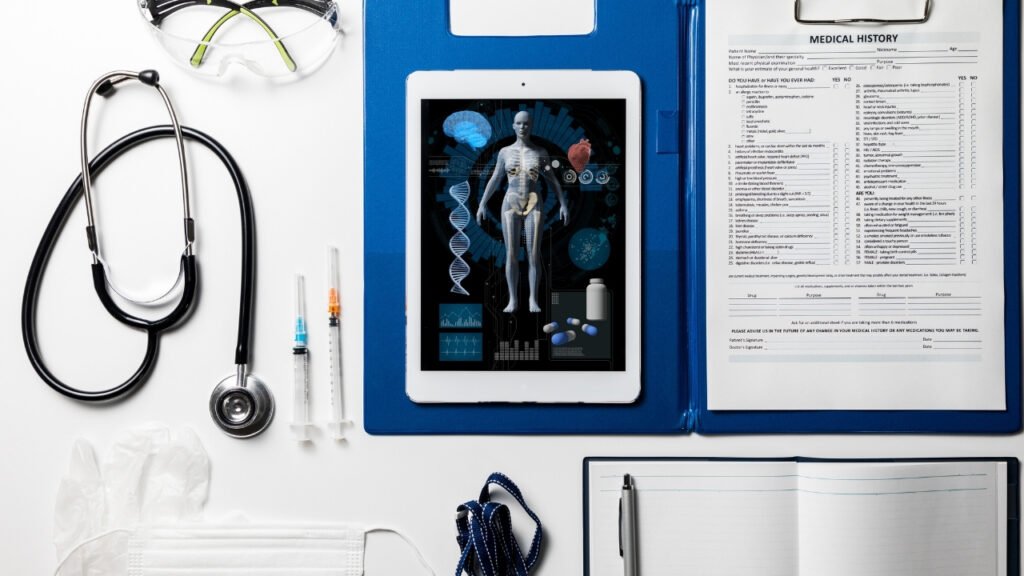Are You Navigating Your Health Journey With the Map You Need?
In the bustling landscape of life, women often wear many hats—caretaker, professional, partner, friend—all while managing their own health journey. It’s a path filled with unique milestones, and like any journey, having the right map makes all the difference. I’m Dr. Coucou, and today, we’re charting the course through the essential health screenings for women at every stage of life. Understanding these screenings and their significance is not just about prevention; it’s about empowerment, enabling you to take proactive steps towards a healthier future.

The Cornerstones of Women’s Health Screenings
Preventative health screenings are crucial checkpoints on your health journey, designed to catch potential issues early when they’re most treatable. Let’s explore these vital screenings, tailored to the evolving needs of women through the decades.
In Your 20s and 30s: Laying the Foundation
- Cervical Cancer Screening (Pap Smear): Starting at age 21, Pap smears should be conducted every three years to detect precancerous conditions and cervical cancer. After turning 30, you might switch to a combination of Pap smear and HPV testing every five years.
- Clinical Breast Exams: While mammograms are generally recommended later, clinical breast exams can be part of a regular health check-up to identify any unusual changes or lumps.
In Your 40s: Vigilance Increases
- Mammograms: Start annual or biennial mammograms at age 40 to screen for breast cancer. The frequency might vary depending on your risk factors, so it’s crucial to discuss with your healthcare provider.
- Skin Checks: Regular dermatological exams can identify early signs of skin cancer, including melanoma, the deadliest form.
In Your 50s and Beyond: A Focus on Comprehensive Wellness
- Colorectal Cancer Screening: Begin screening for colorectal cancer at age 50, unless you’re at higher risk, in which case, earlier screening might be necessary. Various methods are available, including colonoscopy and stool-based tests.
- Bone Density Scan (DEXA): Starting at age 65, or earlier for those at increased risk, this test measures bone mineral density to assess the risk of osteoporosis and fractures.
- Cardiovascular Health: Regular blood pressure checks are a must, along with cholesterol level assessments and other tests as recommended by your healthcare provider to monitor heart health.
Across All Ages: Universal Screenings
- Blood Pressure Screening: High blood pressure is a silent risk factor for heart disease and stroke. Regular monitoring should be part of your health routine.
- Cholesterol Check: Starting in your 20s, regular cholesterol screenings can help assess your risk for heart disease.
- Diabetes Screening: Depending on your risk factors, screening for diabetes or prediabetes should be considered, especially if you have a family history, are overweight, or have other risk factors.

The Power of Prevention
Each screening is a tool, not just for early detection, but as a basis for a dialogue with your healthcare provider about your health and wellness. These conversations are opportunities to discuss lifestyle adjustments, preventative measures, and any concerns you may have, empowering you to take control of your health journey.
In Conclusion
Navigating the path of women’s health requires vigilance, knowledge, and proactive engagement with healthcare providers. By staying informed about the important health screenings for each stage of life, you’re not just taking steps to prevent disease—you’re paving the way for a healthier, more vibrant future.
Remember, your health journey is uniquely yours, and with the right map in hand, you’re well-equipped to navigate it with confidence. Stay informed, stay proactive, and let’s embrace the journey to wellness together.
